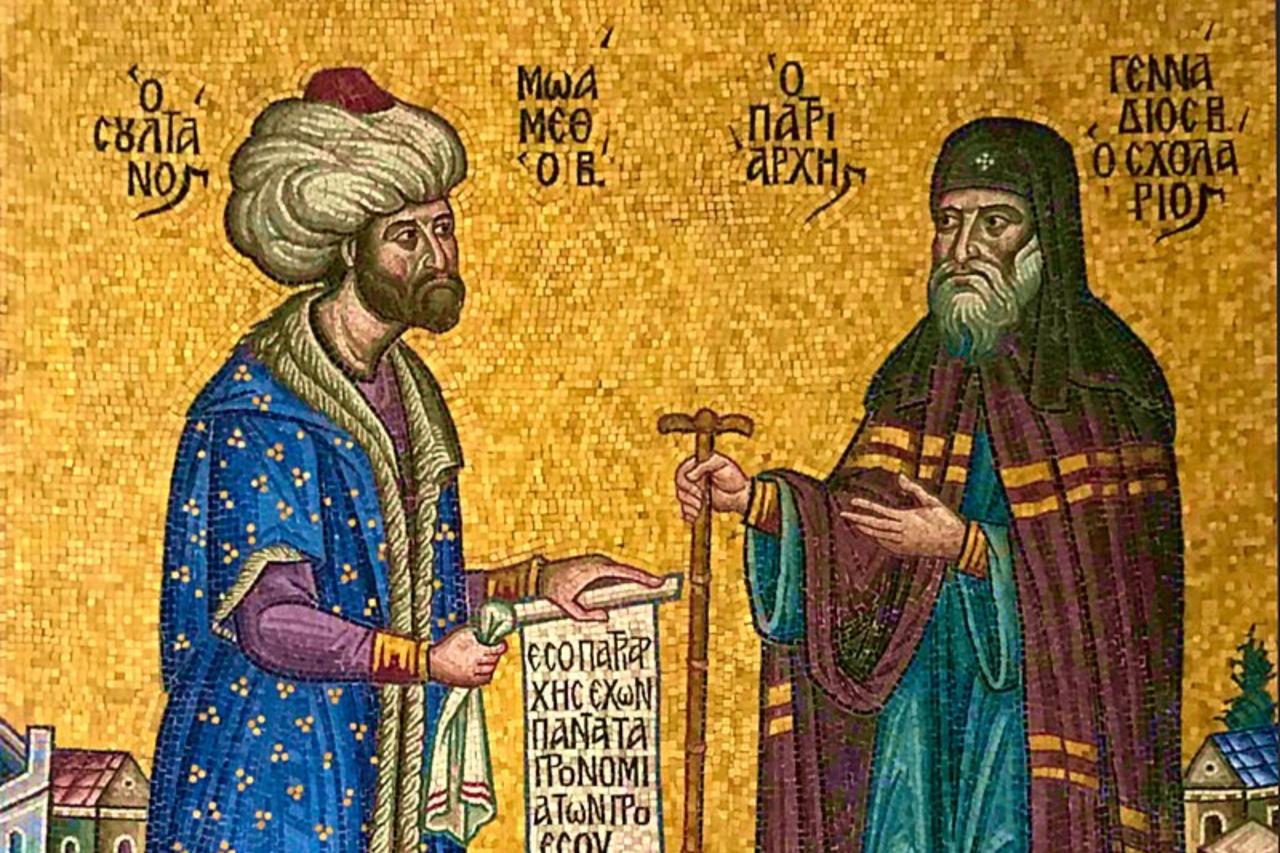
One of Bulgaria's most prominent historians, Professor Stoyan Dinkov, has sparked wide attention with his statement that the survival of Orthodox Christianity in the modern era is largely thanks to Sultan Mehmed II. In a compelling interview with Anadolu Agency, he reflected on the historical ties between Bulgarians and Turks, as well as the legacy of the Ottoman Empire in the Balkans.
Prof. Dinkov, known for his extensive work on Balkan and Ottoman history, stated that Bulgarians are direct descendants of the Turkic-Hun peoples and one of the 19 original Turkic tribes. "There is no fundamental difference between Turks and Bulgarians," he emphasized. "Bulgarians are Western Oghuz Turks, closely related to the Avars and Khazars."
He also rejected the narratives that separated Bulgarians from their Turkic roots, calling them propaganda spread during the Russian imperial era and later reinforced by the communist regime in the 20th century.
According to Dinkov, Turkic settlement in the Balkans predates the Ottoman Empire by centuries, even millennia. “Turks were present in the Balkans as early as the Thracian era, as Thracians themselves descended from Turkic tribes,” he claimed.
Later, Seljuk Turks based in Konya began permanent settlements in the Balkans around 1307. Despite this migration, there are no historical records of conflict between the local population and the Seljuk Turks.
Discussing the Second Bulgarian Tsardom, particularly the Turkic-Kuman state of Zagore, Dinkov emphasized the harmonious relations between Bulgarians and Turks. “Alliances were even made between Bulgarian Tsar Ivan Alexander and Ottoman Sultan Murad I,” he noted.
The collapse of the Second Bulgarian Tsardom, Dinkov explained, was largely due to the Great Famine and three major plague outbreaks in the 14th century. He argued that when the Ottomans incorporated these territories, they rebuilt and protected the local population.
Prof. Dinkov made an especially bold assertion: “Almost every major Bulgarian monastery and church still standing today was constructed or restored by imperial decrees issued during the reign of Sultan Mehmed II.”
He argued that the Ottoman Empire played a crucial role in safeguarding Orthodox Christianity, particularly through the revival of the Ecumenical Patriarchate under Ottoman protection. "The survival of global Orthodox Christianity today owes a great debt of gratitude to Sultan Mehmed," Dinkov said.
Contrary to popular Western narratives, Dinkov insisted that the Ottoman Empire did not practice institutionalized slavery as seen in the West. “There is no evidence of systematic slavery in the Ottoman system,” he stated.
He highlighted the social mobility available to Balkan populations under Ottoman rule. “Many Bulgarians rose to high positions such as grand vizier, judge, and military officer. They played major roles in governance, culture, and commerce.”
Dinkov also pointed out that by the 19th century, Bulgarians had become one of the most privileged ethnic groups within the Ottoman Empire. “British travelers and researchers even referred to Bulgarian peasants as ‘the wealthiest peasant class in the world’ during that period,” he said.